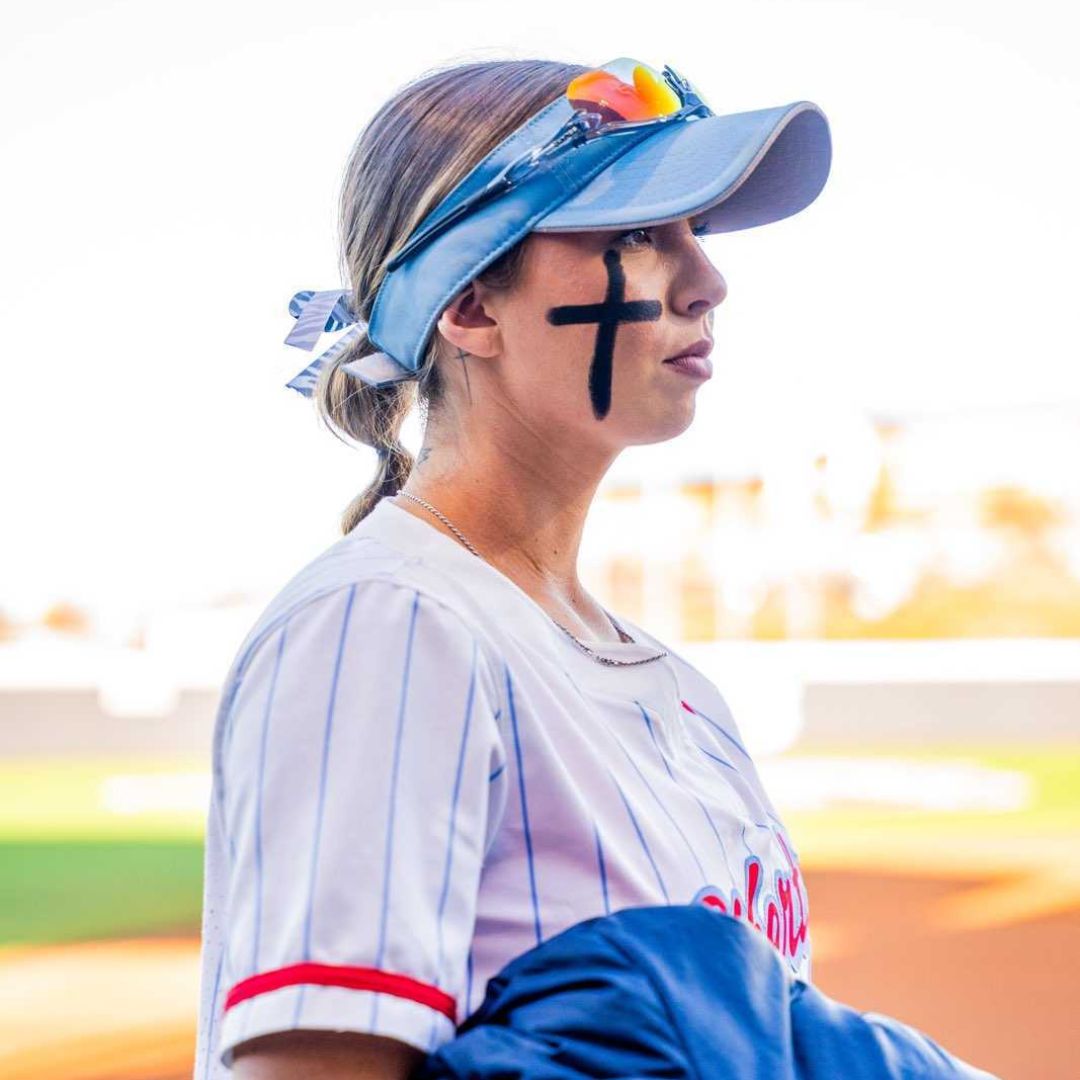Baseball is all about precision, reaction time, and focus. Whether you're tracking a fast-moving pitch, fielding a grounder, or making a split-second decision at the plate, your eyes are your most valuable tool. But what if something unseen was working against you, slowly chipping away at your performance?
Enter blue light—the hidden opponent that many players don’t even realize is affecting their game. From hours spent under the sun to the glare of stadium lights and excessive screen time, blue light exposure can lead to eye fatigue, slower reflexes, and disrupted sleep. Over time, this can take a serious toll on an athlete’s ability to stay sharp and perform at their best.
If you’ve ever felt your eyes straining during a game or noticed sluggish reactions after a late night on your phone, it’s time to take blue light seriously. Let’s break down how blue light affects baseball players and how blue light-blocking sunglasses can be a game-changer.
What Is Blue Light, and Why Does It Matter in Baseball?
Blue light is a high-energy visible (HEV) light that comes from the sun, LED stadium lights, and digital screens (phones, tablets, computers, TVs). While some blue light exposure is normal, excessive amounts—especially from artificial sources—can lead to:
- Eye strain and fatigue
- Blurred vision and difficulty focusing
- Slower reaction time
- Disrupted sleep cycles
For baseball players, this isn’t just an annoyance—it’s a performance issue. If your eyes are working overtime to filter through blue light glare, your reaction time may suffer, and your vision may not be as crisp when it matters most.
How Blue Light Affects Baseball Performance
1. Fatigued Eyes Lead to Slower Reactions
Baseball is a game of milliseconds. Whether you're up at bat or chasing down a fly ball, your ability to react quickly is everything. But when your eyes are exposed to too much blue light, they become overworked, leading to:
🔹 Blurry vision
🔹 Difficulty adjusting between bright and dim light
🔹 Delayed response times
If you've ever squinted under stadium lights or struggled to track a ball in the late innings, blue light exposure could be part of the problem.
2. Blue Light Disrupts Contrast and Depth Perception
One of the most important skills in baseball is being able to clearly see and judge the movement of the ball. But too much blue light can reduce contrast sensitivity, making it harder to differentiate between the baseball and the background—especially in bright daylight or under artificial stadium lighting.
For hitters, this means less precise pitch tracking, making it harder to recognize different pitch types in time to react. For fielders, this can cause delayed judgment on fly balls or grounders, increasing the chance of costly errors.
3. Poor Sleep = Poor Performance
Late nights watching film, scrolling through social media, or playing video games might seem harmless, but exposure to blue light before bed suppresses melatonin production, making it harder to fall asleep and stay rested.
The result?
🚨 Slower reflexes
🚨 Poorer concentration
🚨 Increased fatigue during games
A tired player is a weaker player. Without proper sleep, even the most skilled athletes struggle to stay sharp on the field.
How Blue Light Sunglasses Give You an Edge on the Field
So, what’s the solution? Baseball players can fight back against blue light exposure by using blue light-blocking sunglasses—both on and off the field. Here’s how they help:
1. Reduce Glare and Enhance Visibility
The right sunglasses filter out blue light and reduce glare, allowing players to track the ball more easily in bright conditions. This is especially helpful for outfielders, infielders, and catchers, who constantly deal with changing light conditions.
2. Improve Contrast and Focus
By blocking harsh blue light, these lenses help players see sharper details—making it easier to pick up a pitcher’s release point or follow a fast-moving ball. Improved contrast and depth perception mean better at-bats and fewer errors in the field.
3. Prevent Eye Fatigue for Consistent Performance
Baseball players often have multiple games in a day, and eye strain can build up fast. Blue light sunglasses help reduce stress on the eyes, allowing players to stay sharp and focused for all nine innings (or more).
4. Protect Long-Term Eye Health
Repeated exposure to blue light and UV rays can contribute to long-term vision issues. Wearing the right sunglasses isn’t just about today’s game—it’s about preserving clear, strong eyesight for years to come.
5. Help You Sleep Better and Recover Faster
By wearing blue light-blocking glasses in the evening (or using screen filters), players can reduce sleep disruption, leading to better recovery and stronger in-game performance.
Don’t Let Blue Light Be the Opponent You Ignore
You train hard, practice your swings, and condition your body—but are you protecting your eyes? Blue light is an invisible factor that can impact your reaction time, vision, and overall game performance.
Adding blue light-blocking sunglasses to your gear isn’t just about eye protection—it’s about staying ahead of the competition. Whether you're batting under bright lights, tracking a fly ball, or analyzing game footage, keeping your vision sharp gives you a clear edge.
See the ball better. React faster. Perform at your best.
It’s time to take blue light seriously—because your game depends on it


